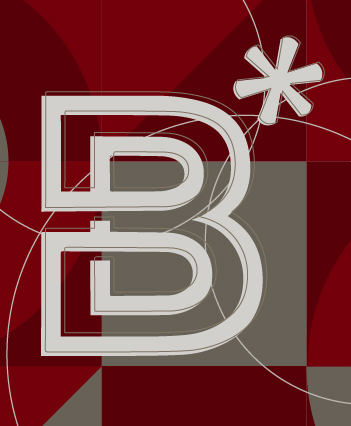Ralf Gothe is part of a group of scientists exploring quantum chromodynamics at the Thomas Jefferson National Accelerator Facility in Virginia. His work focuses specifically on the strong interaction between quarks and gluons, two elementary particles essential to quantum field theory. "If we were to develop during my lifetime a complete quantum field theory of the strong interaction, I would love to move on to understand another currently even less accessible set of open questions on how gravitation works on its most fundamental level,” he says.
The quarks that bind. Working with other theorists and experimentalists at Thomas Jefferson National Accelerator Facility in Virginia, Gothe and his collaborators have begun to reveal some of the remaining secrets of the strong interaction that binds quarks into nucleons and nucleons into nuclei. His team hopes to learn more about the origin of more than 98 percent of the mass that surrounds us, the distance scale at which mesons and dressed quarks and gluons contribute to the formation of baryons and how nature confines colored quarks.
Time of flight. Gothe and his group have built a large-scale time-of-flight detector with unprecedented time resolution that ensures proper particle identification in large acceptance spectrometer experiments.
Excited research. At USC, he has initiated and organized a series of more than 10 workshops to foster synergetic research between theorists and experimentalists as well as the 11th International Workshop on the Physics of Excited Nucleons. Since 2012, he has published 127 refereed papers, received more than 16,000 citations and given 62 invited presentations at national and international conferences. The $15 million in funding raised by his research group continues to support their laboratory endeavors.
Mentor, mentor! Gothe’s impact on other people in physics has evolved over many years and is based on his national and international reputation and his willingness to listen and find solutions. He has mentored 22 undergraduate students in his research lab and at least one Top Scholar or fellowship nominee per year. He has directed 38 master’s and Ph.D. theses, guided 16 postdoctoral fellows and actively mentors three former Ph.D. students on their paths to tenure track faculty positions.
Lab to classroom. He has received numerous awards for his research and his teaching, including the Russell Research Award for Science, Mathematics and Engineering and both the Michael J. Mungo Graduate and Undergraduate Teaching Awards. He is a Pearce Faculty Fellow, was selected as an Academic Leadership Development Program Fellow and has previously served as chair of the Department of Physics and Astronomy.
“I always hope that everyone is truly convinced that their research is the most interesting and important that one can pursue, why else would you do it? Granted that this is measured on a personal and not an absolute scale, it is still the only scale that matters.”

